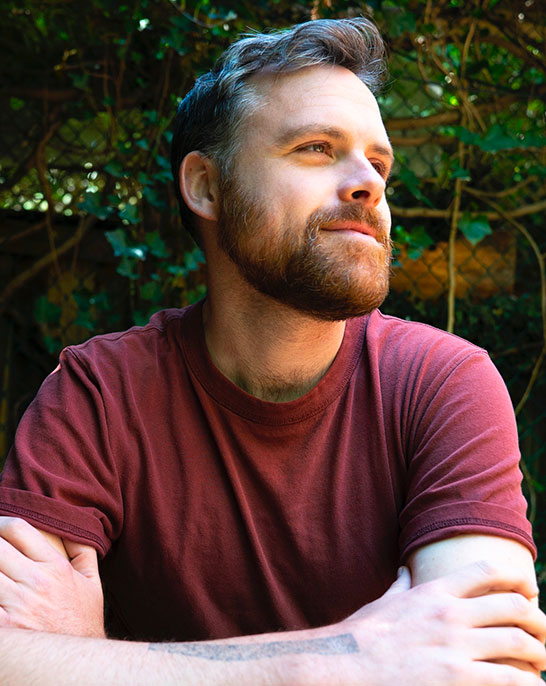BA, Brown University. MA, PhD, New York University. A cellist, artist, and writer, Philbrook's book, Group Works: Art, Politics, and Collective Ambivalence, was recently published by Fordham University Press (April 2023). Recent projects include Slow Dances (with Anh Vo, Tess Dworman, Niall Jones, Tara Aisha Willis, nibia pastrana santiago, and Moriah Evans) at The Kitchen Video Viewing Room (2020) and Montez Press Radio (2022), DAYS (with Ned Riseley), Mutual Aid Among Animals at the Park Avenue Armory (2022), Song in an Expanding Field at The Poetry Project (2022), Case at Rashid Johnson and Creative Time’s Red Stage (2021), The Gay Divorcees (with Robbie Acklen, Lauren Bakst, Lauren Denitzio, Paul Legault, Joshua Thomas Lieberman, Ita Segev, and Julia Steinmetz) (2021), March is for Marches (with Morgan Bassichis) at Triple Canopy (2019), Disordo Virtutum at Museum of Art and Design (2020), 10 Meditations in an Emergency at The Poetry Project and Berkeley Art Museum and Pacific Film Archive (2019/2020), Choral Marx at NYU Skirball (2018), and Suite for Solo For Cello and Audience at Grey Art Gallery (2016). He has taught at Pratt Institute, Muhlenberg College, and New York University. SLC, 2025–
Undergraduate Courses 2025-2026
Theatre
Archives, Interviews, Experiments, and Data: Research Tactics for Contemporary Performance
Advanced, Graduate Component—Year
THEA 7142
This critical seminar and creative workshop will be dedicated to investigating the relationship between research methods and artistic practice. We will study the work of performing artists that engage in what are traditionally thought of as academic research modalities in order to collectively explore far-ranging questions about the political nature of both knowledge and art. How do artists acquire knowledge in order to critique inherited relationships between knowledge and power? How do artists research so as to think unthinkable thoughts? The course will be organized around four units spread across two semesters that are themselves organized around four different research methodologies and modalities: archives (archival research and historical analysis), interviews (ethnographic and documentarian methods), experiments (lab sciences), and data (machine learning and algorithmic knowledge). Each unit will ask students to engage in both critical inquiry and creative projects and will involve visits to specific research sites and institutions around the Greater New York City area.
Faculty
Performance Research
Advanced, Graduate Component—Spring
THEA 7669
How do we, as artists, engage with an accelerating, fractured, technology-infused world? How do we, as creators, produce our work under current economic pressures? This course will focus on artists and thinkers dealing with these questions and look at how we situate our practice in the field. Students will investigate current and emerging practices in performing care, contemporary choreography, speculative theatre, immersive theatre, co-presence, performance cabaret, postdigital strategies, socially-engaged art, and mixed-reality performance. Class time will be structured around weekly readings and discussions. Through field research, embodied laboratories, and creative and professional development, we will build a skill set, network, and knowledge base for articulating and supporting our work and engaging with collaborators, organizations, and audiences.
Faculty
Previous Courses
MFA Theatre
Performance Theory and Practice: Collaboration, Sex, Antagonism
Graduate Component—Year
7112
This year-long studio course turns to theories and practices of erotic and antagonistic collaboration as a way to expand and sharpen students’ approach to performance making. Students will engage with the work of performance artists (e.g. Linda Montano, Tehching Hsieh, Adrian Piper, Julie Tolentino, Wu Tsang, and Autumn Knight) and theorists (e.g. Sigmund Freud, Audre Lorde, Lauren Berlant, Lee Edelman, and Fred Moten) to investigate the political dynamism of collaborative artmaking while also creating performances across a sequence of four units that increase in scale over the course of the year: “duo,” “collective,” “group,” and “party.” Students will read critical texts in preparation for most course sessions but all assignments will be creative and consist in making and showing interdisciplinary performances.
